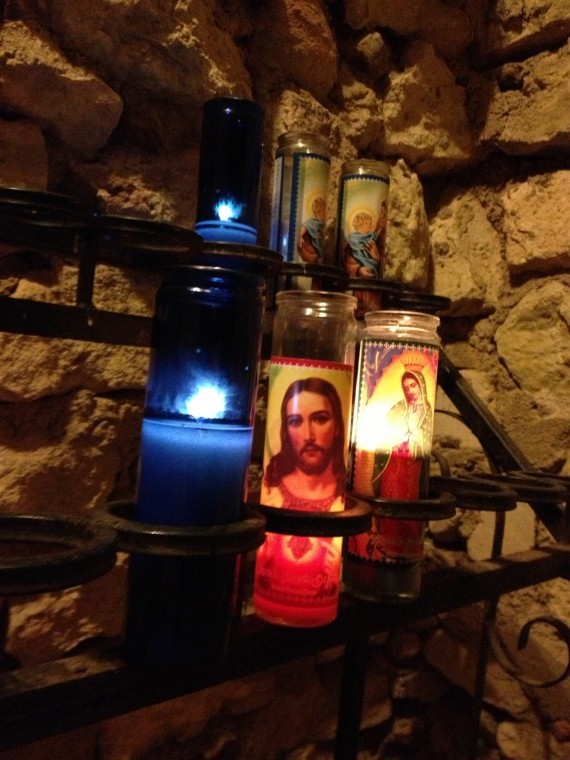Taizé services offer modern style of worship for students
Virtually every religion has their own distinct version of communicating with a higher being, or prayer. However, Taizé prayer seems to blend the lines between Eastern and Western religions in a contemplative and meditative practice.
The practice started in an ecumenical group of Catholic brothers in the Taizé region of France and is fairly young. The community was created during World War II as a place of peace amidst the chaos.
The practice of Taizé prayer itself consists of deep meditation and repetition. It encourages participants to simply be. Candles are lit, music plays and there is usually a short hymn to be repeated.
“Our services are simple and contemplative, seeking to provide quiet moments of prayer and reflection in the midst of our busy lives,” says Jennifer Veninga, assistant professor of religious and theological Studies and Ecumenical Minister for Campus Ministry.
Veninga got into Taizé prayer during her graduate school years at the Graduate Theological Union in Berkeley, California.
“I found them (Taizé services) to be aesthetically beautiful with darkness and candles, and spiritually powerful,” Veninga said.
Veninga started and currently leads the Taizé service on campus.
“When I thought of it, it suddenly made so much sense considering my existing love of the worship style and my current work in ecumenical affairs,” Veninga said.
Veninga endorses the idea that everyone could use a moment to relax and reflect.
“I think this is especially important on a college campus, where many of us tend to be overcommitted and need to restore our spiritual selves,” Veninga said.
That was the theme of the message given at the Taizé service Oct. 8 in Our Lady Queen of Peace Chapel.
Taking a break is not just a good idea for physical and mental health, it is mandatory under the Judeo-Christian faith.
“We are a people in need of Sabbath,” Veninga said. “It is so easy to forget that periodic rest—a cessation from work—is not just a luxury or indulgence. Instead, it is one of the Ten Commandments. It is right up there with the prohibition against murder and idolatry.”
Services are held every second and fourth Sunday of the month at 7 p.m. in the chapel. The next service will be Oct. 22.







